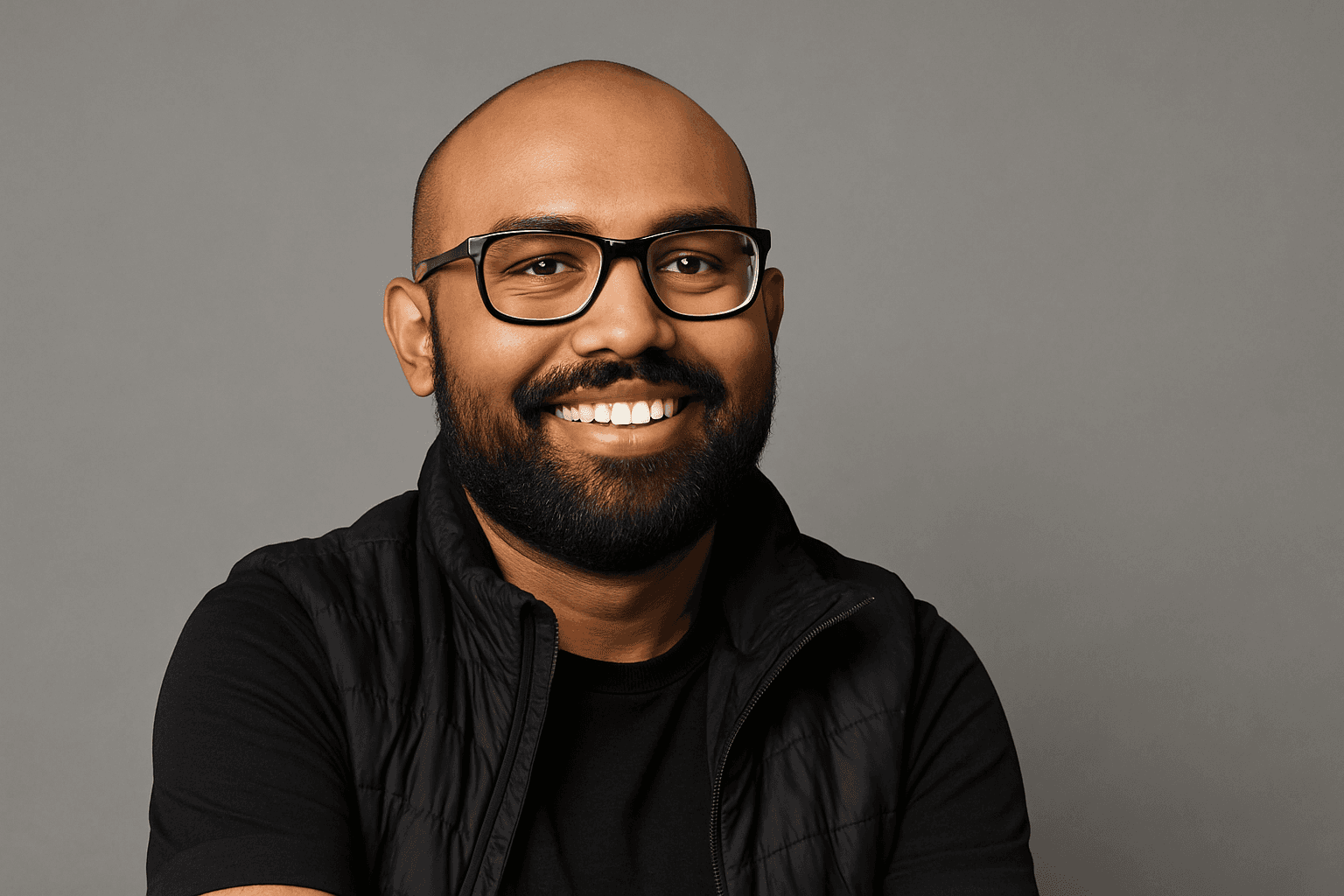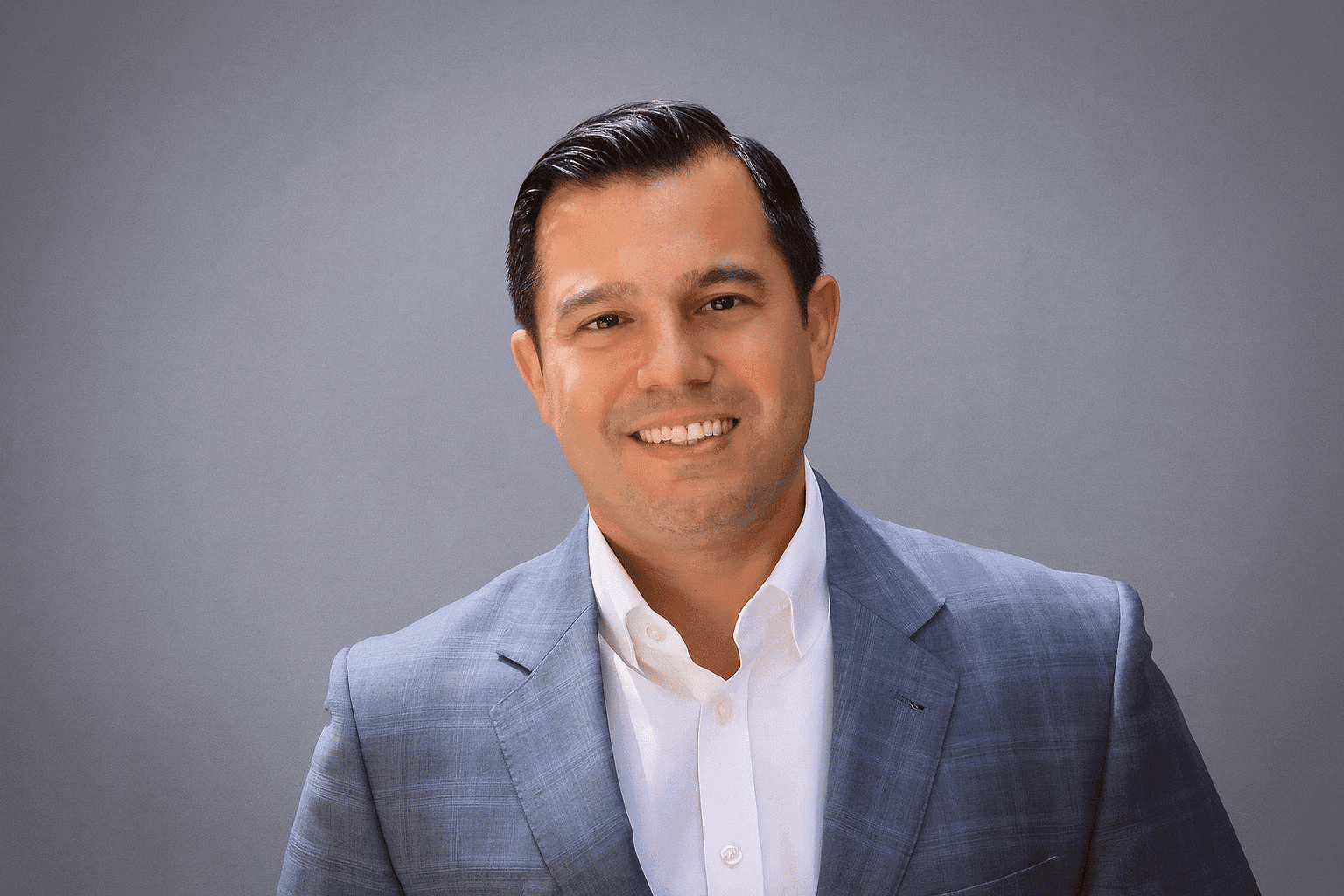
Hayes BarnardFounder & CEO
Hayes Barnard, founder of GoodLeap, scaled his company into a multibillion-dollar platform by focusing on resilience, ethical choices, and building value in hard markets. Known for his story of overcoming adversity, Hayes inspires entrepreneurs with lessons on leadership, purpose, and perseverance.
Founder Stats
- Finance, Technology
- Started 2010
- $1M+/mo
- 50+ team
- USA
About Hayes Barnard
Hayes Barnard built GoodLeap into one of the largest fintech platforms for sustainable home solutions. With roots in the mortgage industry and experience through the 2008 crisis, Hayes transformed setbacks into resilience. His philosophy centers on discipline, ethical choices, and finding value in adversity, inspiring founders to lead with empathy and long-term vision.
Interview
August 30, 2025
You’ve mentioned flunking first grade. Looking back, how did that failure shape your confidence and direction in life?

It crushed my confidence for a long time. People made fun of me for being the kid who flunked first grade. I had dysgraphia and dyslexia but nobody knew what that was back then. People just thought I was dumb. So I overcompensated with sports and personality, and that drive to prove myself carried into business later.
Who helped you through those tough early years?

A couple of teachers stepped in. My gym teacher, Ron Edwards, became like a father figure. He knew I loved football, so he’d take me to meet players like Jim Hart and OJ Anderson. That gave me an outlet and some hope that maybe I could be good at something.
Later in life, you were described as a “level five leader.” What does that mean to you?

A level five leader has empathy, compassion, and the ability to empower others instead of micromanaging. Many of them come from challenges—learning disabilities, daddy issues, or even near-death experiences. That adversity builds resilience and makes them willing to sacrifice and stick it out when things get really hard.
You said, “you have to give up to go up.” Can you explain that idea?

A lot of smart people become control freaks. They say, “I’ll just do it myself, faster.” But then they never scale. You’ve got to give up control to go up in leadership. For me, having dyslexia forced me to surround myself with really smart people and celebrate their talent, instead of trying to do everything on my own.
What did you learn working at Oracle under Larry Ellison?

I learned urgency, discipline, and how to grind. It was competitive, like a pro sports team. The bottom 20% got cut, the top 20% promoted. All that mattered was results. It taught me that work ethic and numbers matter more than pedigree or background.
You were making seven figures in your mid-20s. Why walk away from that security to start something new?

Because I saw people leaving Oracle to start their own companies—Salesforce, NetSuite, PeopleSoft. I was inspired. Even though I had a cushy paycheck, I wanted to build something meaningful, even if it meant starting over with risk.
Tell me about your early ventures with your co-founders.

We brainstormed all kinds of ideas—buying a hot tub company in Tahoe, starting car washes. But we realized our real edge was selling complex products online. That led us to mortgages, which became our first big company.
You went through the 2008 mortgage crisis. How did you survive when so many others collapsed?

We refused to do subprime and reverse amortization loans. Everyone else was chasing volume, but it didn’t feel right ethically. Walking away from that volume saved us. We survived because of discipline and not taking the bait when “the devil doesn’t tempt you with spinach.”
But you still had to lay off hundreds of people. What was that like for you personally?

It was brutal. I would literally throw up in my driveway before walking inside to see my family. I was depressed. They say you’re not a real CEO until you face near-death for your company. That was my moment. I just prayed to get through it and promised I’d use the experience to do good things later.
How did you come up with diversification into insurance and solar after that?

When your soul is crushed, that’s when new ideas come. I thought back to my mom renting our whole lives. Helping families save money on mortgages, insurance, and energy bills gave me purpose. That mission guided the diversification.
You have a saying: “The valley is the value.” What does that mean?

Every company faces a crushing valley—policy changes, interest rates, tariffs, whatever. Most people quit in that valley. But if you stick through it, that’s where the real value is created. The competition dies, and you come out stronger, with muscles you didn’t have before.
What was it like working alongside Elon Musk at SolarCity?

It was like seeing level 11. I thought I had a strong work ethic, but Elon companies push sacrifice to another level. It’s like live ammunition—you go all in, or you don’t survive. He had a magnetic ability to inspire people to give everything for the mission.
You’ve said you finally found your “tribe” in Silicon Valley. Can you describe that?

Back in Missouri, people told me to relax, stop being so excited. Out West, I was surrounded by believers—people with big ambition, people who thought they could change the world. Once I found that energy, I felt like I could do anything.
If your 27-year-old self walked in today and asked for advice, what would you tell him?

I’d tell him don’t just chase financial success. Think about time success, mental health, physical health, and relationships too. You can grind yourself into sickness chasing money. The real goal is happiness and balance, not just financial wins.
Do you think a lot of successful people struggle with happiness?

Yes. Most of the really successful people I know carry sadness too—broken families, lack of connection with kids, or just burnout. Money doesn’t fix that. Relationships and love matter more than wealth in the end.
You’ve shared the powerful story about meeting your father after 30 years. What lesson did you take from that?

Compassion. I realized he did the best he could. He had addiction issues, but meeting him taught me closure, forgiveness, and gratitude for the drive I gained by being raised by my mom. Sometimes what feels like your biggest valley turns into your greatest gift.
Today, what do you see as your mission?

To connect the hearts of people for good. Whether through clean energy, water, or just sharing my story, I want to create positive change. That’s the real legacy I want to leave behind.
Table Of Questions
Video Interviews with Hayes Barnard
CEO Hayes Barnard on Purpose, Being an Underdog, AI & Learning from Elon Musk
Cite This Interview
Use this interview in your research, article, or academic work
Related Interviews

Marc Rowan
CEO & Co-Founder at Apollo Global Management
Marc Rowan co-founded Apollo Global Management and grew it into one of the largest alternative investment firms in the world. He believes the future of investing is not only in equities but also in private markets, which now underpin most of the economy. His mission is to open these markets to individuals, create better diversification, and redefine wealth management.

Sadi Khan
Co-founder & CEO at Aven
Sadi Khan, co-founder and CEO of Aven, is building a fintech that allows homeowners to access cheaper credit by combining home equity and credit card models. After leaving Facebook, he set out to attack America’s persistent credit card interest crisis with technology and conviction.

Anthony Denier
Group President & U.S. CEO at Webull Corporation
Anthony Denier is leading Webull through its first years as a public company, building an AI-enabled global brokerage for sophisticated retail investors while trying to stay nimble, transparent, and close to the everyday trader.

